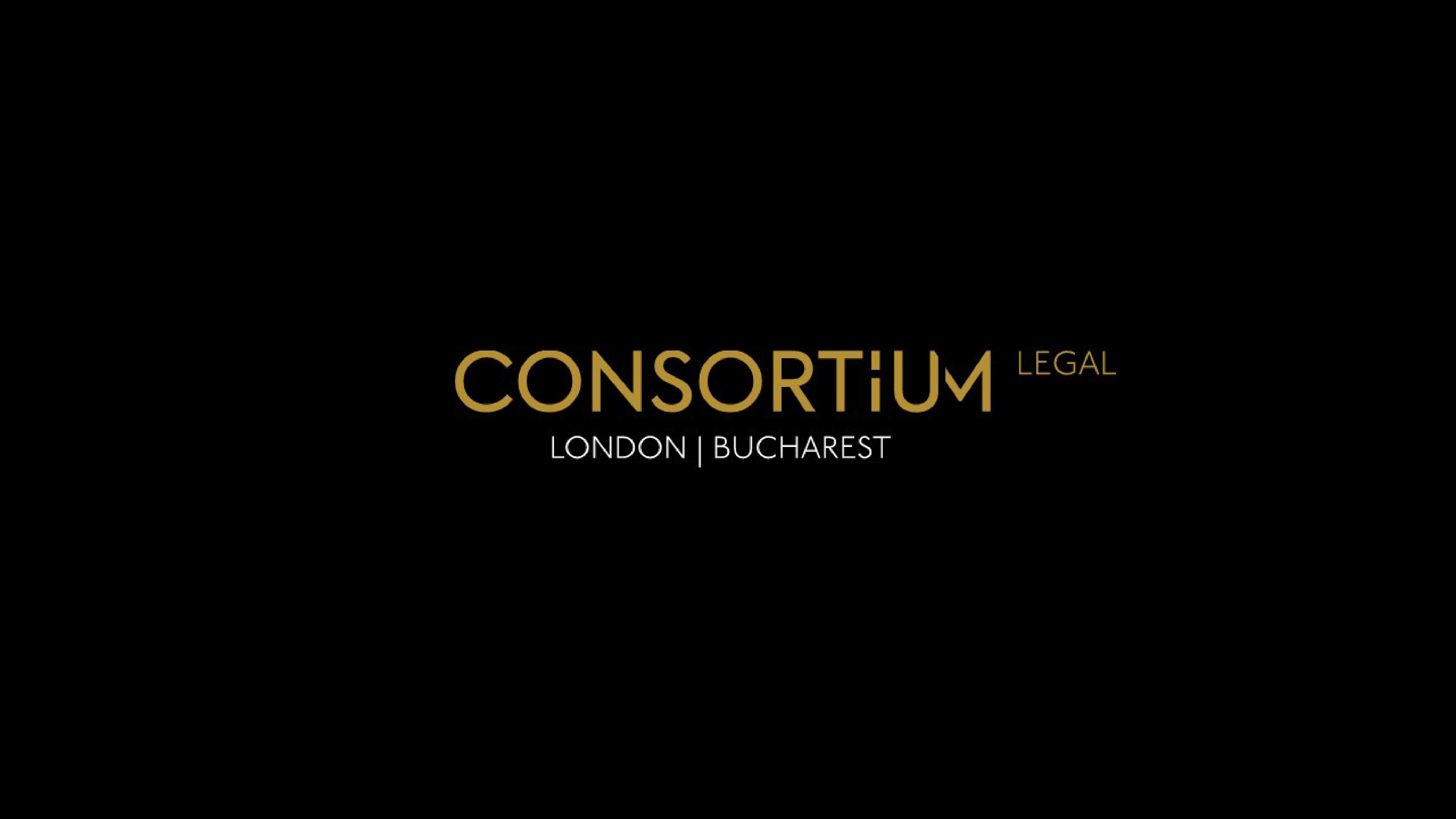Best Appeal Lawyers in London
Share your needs with us, get contacted by law firms.
Free. Takes 2 min.
List of the best lawyers in London, United Kingdom
About Appeal Law in London, United Kingdom
An appeal in London, and the broader United Kingdom, is the legal process where you can challenge a decision made by a court. This process allows you to ask a higher court to review and possibly change the verdict of a lower court. Appeals can be made in various cases, including criminal, civil, family, and commercial cases. It's important to note that an appeal is not a re-trial and new evidence is seldom introduced.
Why You May Need a Lawyer
Legal representation from a lawyer with expertise in appeal is beneficial due to the intricate nature of the process and restrictive time frames involved. Lawyers can provide crucial advice on the potential merits of an appeal, prepare the necessary documents, and represent you during the hearings. You may especially need a lawyer in scenarios including unjust sentencing, when the court has made a legal mistake, or when new and significant evidence has been identified after the trial.
Local Laws Overview
The proceeding of an appeal in London, UK, is governed by the Civil Procedure Rules (CPR) for civil cases, and the Criminal Procedure Rules (CrimPR) for criminal cases. Critical aspects include obtaining permission to appeal, which is usually given by the court that made the original decision or the appeal court. For a successful appeal, you must usually demonstrate a mistake in the application of law, show that the court's decision was unjust due to a significant procedural or other irregularity in proceedings, or reveal new evidence.
Frequently Asked Questions
How long do I have to appeal a court decision?
The timeframe for lodging an appeal differs depending on the case. In civil cases, you generally have 21 days following the decision. In criminal cases, the time limit is generally 28 days, but it's best to seek legal advice immediately following the decision.
Can I introduce new evidence in my appeal?
Typically, an appeal is based on the evidence and testimony presented at the original trial. New evidence can only be introduced if it is deemed pertinent and could not have been reasonably available during the initial proceedings.
Can I appeal to the Supreme Court?
Yes, but not all cases are eligible for the Supreme Court. Only cases of the greatest public or constitutional importance or those needing clarification of the law reach the Supreme Court.
What is the difference between an appeal by right and a discretionary appeal?
An appeal by right is one that the higher court is legally obligated to hear, whereas a discretionary appeal is one that the court may choose whether or not to hear, depending on various factors like the case's relevance and importance.
Can an appeal decision be further appealed?
In some circumstances, it may be possible to make a further appeal to a higher court, such as the Supreme Court. However, this is dependent on the nature of the case and requires legal advice.
Additional Resources
The HM Courts & Tribunal Service website and The Legal Ombudsman can provide you with valuable information on the appeal process in London. Law centres, Citizens Advice, and The Law Society may also provide resources and services to assist you with your appeal.
Next Steps
If you believe you have grounds for an appeal, it's important to act promptly. Seek legal advice immediately to understand your rights and potential next steps. Engage a solicitor or barrister specializing in appeal cases to help you navigate the complex legal system and guide your decision-making process.
Lawzana helps you find the best lawyers and law firms in London through a curated and pre-screened list of qualified legal professionals. Our platform offers rankings and detailed profiles of attorneys and law firms, allowing you to compare based on practice areas, including Appeal, experience, and client feedback.
Each profile includes a description of the firm's areas of practice, client reviews, team members and partners, year of establishment, spoken languages, office locations, contact information, social media presence, and any published articles or resources. Most firms on our platform speak English and are experienced in both local and international legal matters.
Get a quote from top-rated law firms in London, United Kingdom — quickly, securely, and without unnecessary hassle.
Disclaimer:
The information provided on this page is for general informational purposes only and does not constitute legal advice. While we strive to ensure the accuracy and relevance of the content, legal information may change over time, and interpretations of the law can vary. You should always consult with a qualified legal professional for advice specific to your situation.
We disclaim all liability for actions taken or not taken based on the content of this page. If you believe any information is incorrect or outdated, please contact us, and we will review and update it where appropriate.

















